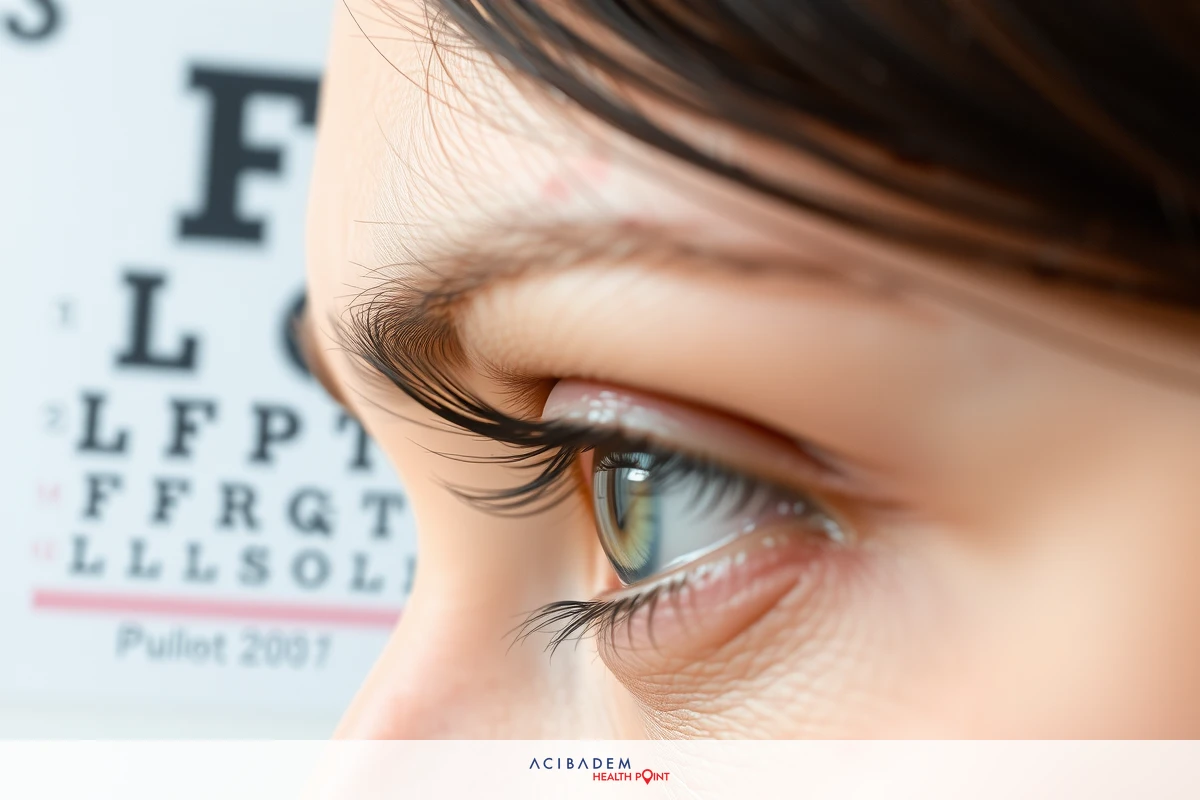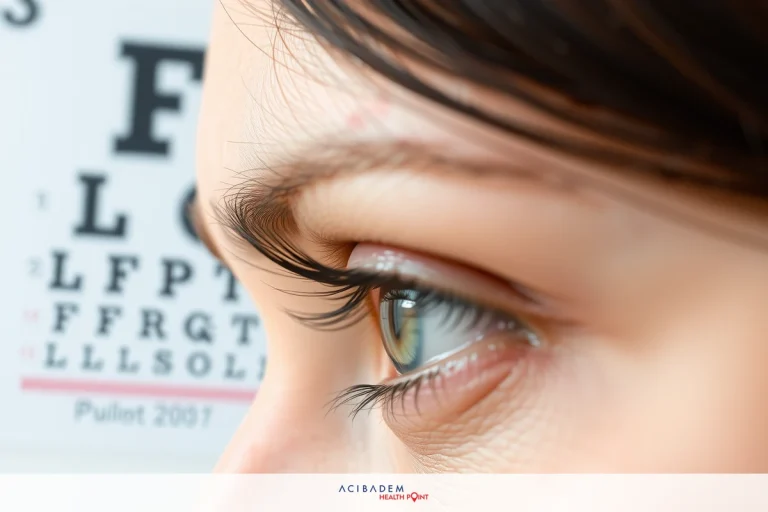Does LASIK Give You Dry Eyes?
Does LASIK Give You Dry Eyes? In the realm of vision correction, LASIK stands out as a popular choice. This treatment offers remarkable benefits such as improved eyesight and reduced dependence on glasses or contact lenses. Yet, like any other medical intervention, it may come with potential side effects. One commonly reported issue post-LASIK is dryness in the eyes.
Dry eye syndrome after LASIK isn’t a universal experience but it does occur in some patients. The sensation can be likened to having an eyelash or speck of dust trapped in your eye – causing discomfort and sometimes blurring your vision temporarily. Understanding why this happens and what possible measures can be taken for relief forms an integral part of making an informed decision about undergoing this eye surgery.
Does LASIK Give You Dry Eyes? Causes of Dry Eyes After LASIK
LASIK surgery, while a revolutionary vision correction method, can sometimes disrupt the eye’s natural tear production process. This disruption often results in dry eyes. The cornea – the clear front surface of your eye has a high density of nerve endings which are crucial to tear production. During LASIK, some of these nerves can be temporarily affected causing fewer tears to be produced leading to dryness.
It is essential to recognize that this side effect is most often temporary and resolves as the nerves regenerate over time after surgery. However, pre-existing conditions such as Meibomian Gland Dysfunction (MGD), where oil glands in the eyelids don’t function correctly or age-related dry eyes could exacerbate post-LASIK dryness symptoms. Individuals with these conditions may experience more significant or prolonged instances of dry eyes following their procedure.
Additionally, environmental factors too play a role in causing or worsening dry eyes after LASIK. Elements like dust, wind exposure or even excessive screen time could aggravate symptoms since they induce quicker evaporation of tears from our eyes’ surface. Understanding personal risk factors and discussing them with your surgeon before undergoing any form of eye surgery including LASIK helps tailor treatment plans for optimal results and minimal potential side effects.
Managing Dry Eyes Post-LASIK
It is indeed true that dry eyes can be a potential side effect of LASIK surgery, but it’s also important to note that this condition is often temporary and manageable. A myriad of strategies exist to alleviate the discomfort associated with dry eyes post-surgery, which range from simple lifestyle changes to specific medical treatments.
The simplest strategy involves over-the-counter eye drops or artificial tears. These products help replenish the moisture in your eyes when natural tear production is insufficient.
Preservative-free variants are recommended for frequent use as they have fewer additives which could irritate sensitive eyes post-surgery.
For those experiencing more severe or persistent symptoms, prescription eye drops may be an option.
These contain substances similar to naturally occurring tears and offer longer-lasting relief.
Lifestyle adjustments too can contribute significantly towards managing dry-eye symptoms effectively. Limiting screen time, avoiding direct wind exposure such as from fans or air-conditioners and staying hydrated all aid in maintaining optimal eye health after vision correction procedures like LASIK. Lastly, if you’re prone to waking up with dryness in your eyes at night, using lubricating ointments before bedtime may provide overnight relief.
Looking after your eye health doesn’t stop once the LASIK procedure ends; diligent care and management will

ensure quick recovery and lasting comfort even if you do experience some degree of post-operative dryness.
Preventing Dry Eyes Before LASIK
Prevention is the first line of defense against dry eyes following a LASIK procedure. By preparing well ahead, you can minimize potential discomfort and foster a smoother recovery process post-surgery. One pivotal step involves having an in-depth consultation with your eye surgeon prior to surgery, where you discuss any pre-existing conditions or medications that may affect tear production.
If pre-existing dry-eye conditions are detected early on, appropriate treatments can be initiated before undergoing LASIK to help manage these symptoms better after surgery. This might include prescription eye drops that mimic natural tears or procedures like LipiFlow which directly address Meibomian Gland Dysfunction (MGD). Proper management of such underlying issues beforehand reduces the likelihood of experiencing severe post-LASIK dryness.
Lifestyle changes leading up to your surgery also play a significant role in preventing dry eyes. Hydrating adequately and maintaining a balanced diet rich in Omega-3 fatty acids promotes overall eye health greatly. Limiting screen time helps reduce visual strain which could otherwise exacerbate potential dry-eye symptoms post-LASIK.
It’s crucial not just to focus on the surgical procedure itself but also invest time into pre-operative care for optimal results from vision correction surgeries like LASIK. A proactive approach towards prevention goes a long way in ensuring swift recovery and lasting comfort post-procedure.
Frequently Asked Questions
Will I definitely experience dry eyes after LASIK surgery?
Not everyone who undergoes LASIK ends up with dry eyes. It's a potential side effect, not a guaranteed one. Your pre-existing eye health, age and other personal factors all contribute to the likelihood of experiencing this condition post-surgery.
How long does dryness usually last after LASIK?
Most patients who experience dry eyes after LASIK find that symptoms begin to subside within several weeks to a few months as their corneal nerves regenerate. However, in more rare cases, some may have persistent symptoms for longer periods.
Can anything be done if I already have dry-eye syndrome before getting LASIK?
Absolutely! If you've been diagnosed with an existing condition causing dry eyes like Meibomian Gland Dysfunction or age-related tear production issues, these can often be managed effectively prior to your procedure which helps minimize post-operative discomfort.
Are there ways to prevent or reduce the severity of dry eyes before undergoing LASIK?
Yes! Preoperative measures including lifestyle changes and treating any underlying conditions contributing towards dry eyes can significantly help in preventing severe post-LASIK discomfort.








